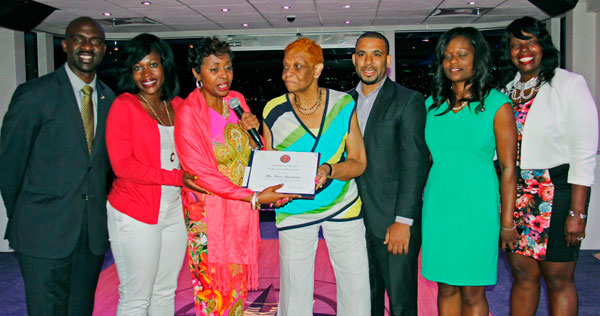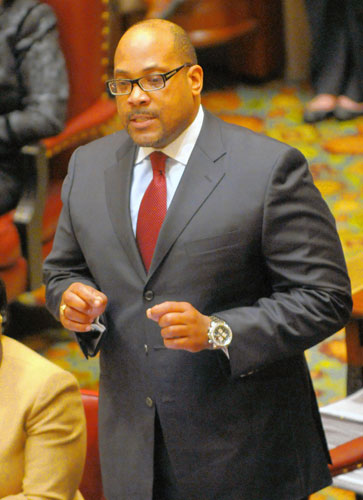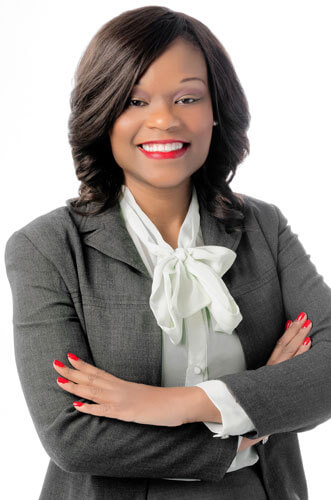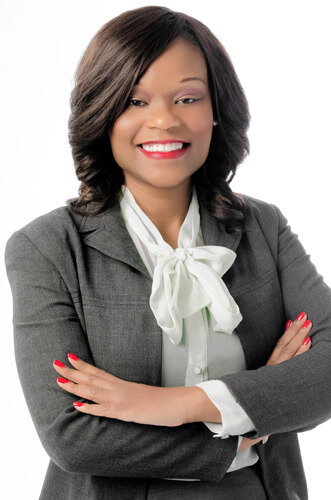At least two Brooklyn legislators have hailed the historic “Raise the Age” legislation that had been before the New York State Legislature for over a decade.
“I voted to #RaisetheAge,” said Sen. Jesse Hamilton, who represents the 20th Senatorial District in Brooklyn. “I cast my vote for Lywan Reed; he shared his story with me in December about constantly preparing himself for the looming threat of a fight with adult prisoners at Rikers Island and Greene Correctional Facility.”
At the end of his sentence, Hamilton said Reed received “no more than a bus ticket and a few bucks.
“Our system released him into a state of hopelessness,” Hamilton said. “Today we gave him hope. Next goal: Coordinate with the City to take our kids out of Rikers Island.”
The Brooklyn senator said that the Raise the Age legislation brings to an end a practice of “traumatizing children and calling that justice.
“We bring to an end a time when our state permits unscientific, uninformed and unjust treatment of our youth,” he said. “We end a chapter of cruelty, and we begin a chapter of compassion and common sense in our justice system.
“Cruelty because of the agony inflicted on youth, their families and New York communities,” he added. “A system that yields a 36 times higher likelihood of suicide is cruel. A system that puts children at high risk for rape and brutalization by adults is cruel. A system that leaves no room for redemption and accepts recidivism is cruel.
“Today, we make way for more compassion and common sense in our justice system,” Hamilton continued. “Compassion because of truths about our common humanity and our common human frailty — and the fact that young people, all people really, make mistakes. We know young people, with their whole lives ahead of them, can be put on a path to being productive New Yorkers. That is common sense.”
Assemblywoman Rodneyse Bichotte, who represents the 42nd Assembly District in Brooklyn, said it was “a historic day for families and children across the state of New York,” with the passage of the measure, which raised the age of criminal responsibility from 16 and 17 years of age to 18 years of age.
“The concessions that were made were difficult and heartbreaking when it came to negotiating the reforms to change the penal law language to protect our children,” said Bichotte, the first Haitian American from New York City to be elected to the State Assembly. “As legislators, especially when we have a broken government, it becomes challenging to pass a real progressive agenda.
“In the case of the Raise the Age legislation, although it’s not perfect, it is the right step forward in preventing 28,000 16- and 17- year-olds on an annual basis from being charged and prosecuted criminally like adult,” she added.
Bichotte, however, noted that final negotiations around the Raise the Age legislation were not perfect.
She said while the Assembly Speaker Carl E. Heastie and the Assembly fought to have all juvenile cases begin in family court, in the end, it was decided that all felony cases, including for non-violent felony charges, would start in the youth part of the criminal court “and be waived down to family court in the event that there was no physical harm involved, no use of a weapon and no sexual assault.”
Rodneyse said the Raise the Age legislation occurred within the context of the draconian Rockefeller Drug Laws, which were enacted in 1973, and was outdated.
“These laws mandated extremely harsh prison terms for the possession or sale of relatively small amounts of drugs — two sugar packets worth,” she said.
“In the same way that these laws were amended, these reforms around raising the age were long overdue,” she added.



























